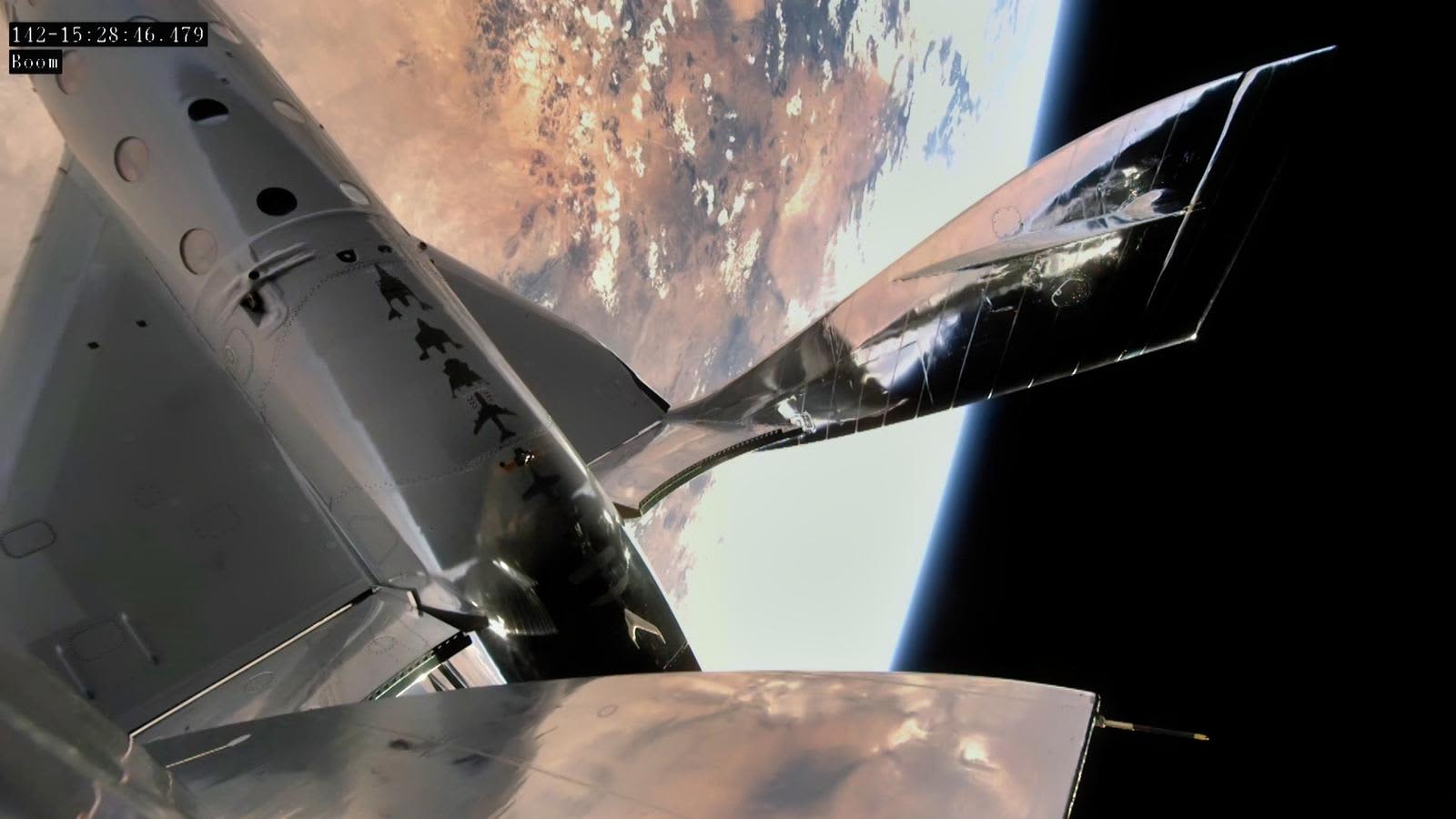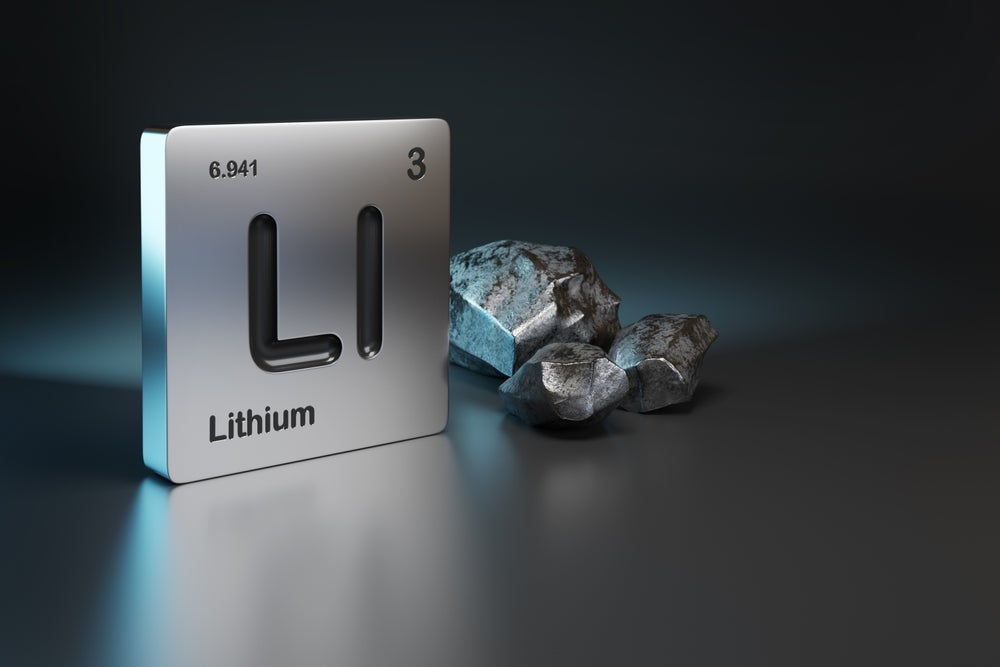Sir Richard Branson may be attempting to win the billionaire space race, but he feels that companies like Virgin Galactic, Jeff Bezos’ Blue Origin, and Elon Musk’s SpaceX have plenty of room to grow. In an interview this week, Branson stated, “There’s capacity for 20 space firms to take people up there.” “The more spaceships we can produce, the lower the price will be, and the more we’ll be able to meet demand, which will happen in the coming years.” Virgin Galactic’s leadership has stated that “approximately 2 million individuals will be able to enjoy” spaceflights priced between $250,000 and $500,000. Branson’s, Bezos’, and Musk’s firms are all flying spaceships that can transport humans, but in different ways. Blue Origin and Virgin Galactic are competing to transport passengers to the edge of space on short flights, known as suborbital tourism, while SpaceX is launching private travelers on longer, multi-day missions, known as orbital tourism. A SpaceX orbital mission costs tens of millions of dollars, compared to Virgin Galactic’s multi-hundred thousand dollar price tag. While Blue Origin’s New Shepard rocket takes off vertically from the ground, Virgin Galactic’s SpaceShipTwo system is released in mid-flight and glides back to Earth for a runway touchdown. SpaceX launches its Crew Dragon spacecraft into orbit atop a reusable Falcon 9 rocket, completing three missions to the International Space Station with ten astronauts. In addition to the government flights, Musk’s business plans to fly a number of private astronaut trips in the coming year, starting with the all-civilian Inspiration4 mission in September. Starting early next year, SpaceX will launch at least four private missions for Axiom Space. “There’s never been a period in space as thrilling as right now… it’s a ‘pinch me’ moment,” stated Branson. Bryson Gentile, left, and Chris Kemp, CEO of Astra, remove a protective cover from a rocket fairing half. CNBC’s Michael Sheetz In 2019, Virgin Galactic became the first of the new generation of space enterprises to go public through a SPAC, or special purpose acquisition company. This has become a trend in the last year, with a slew of companies announcing and negotiating deals to go public. Astra, a rocket company, and AST & Science, a satellite broadband company, have already began trading, with Rocket Lab, Spire Global, BlackSky, and Momentus anticipated to follow in the following months. When asked if he thought the space business was growing too fast, Branson laughed it off. Branson stated, “I don’t believe there is any overheating.” “I believe the space age is just getting started.” CNBC Pro can help you become a better investor. Get stock recommendations, analyst calls, exclusive interviews, and CNBC TV access. To begin your free trial, simply fill out the form below./n
Read MoreRichard Branson believes the space market has room for 20 companies launching tourists
2021-07-03T12:26:58-04:00July 3rd, 2021|





